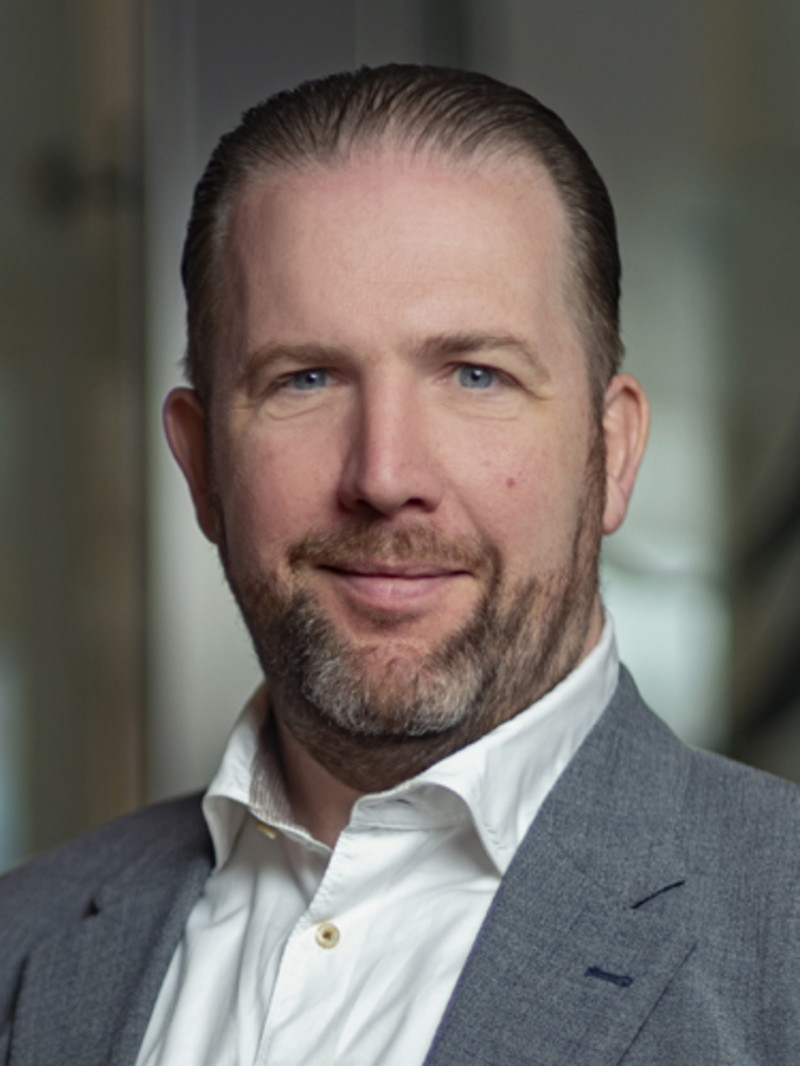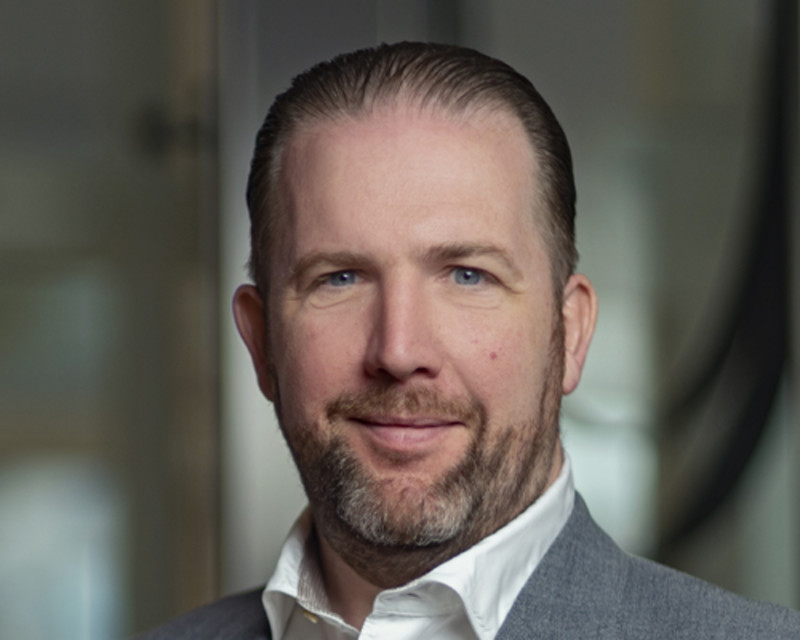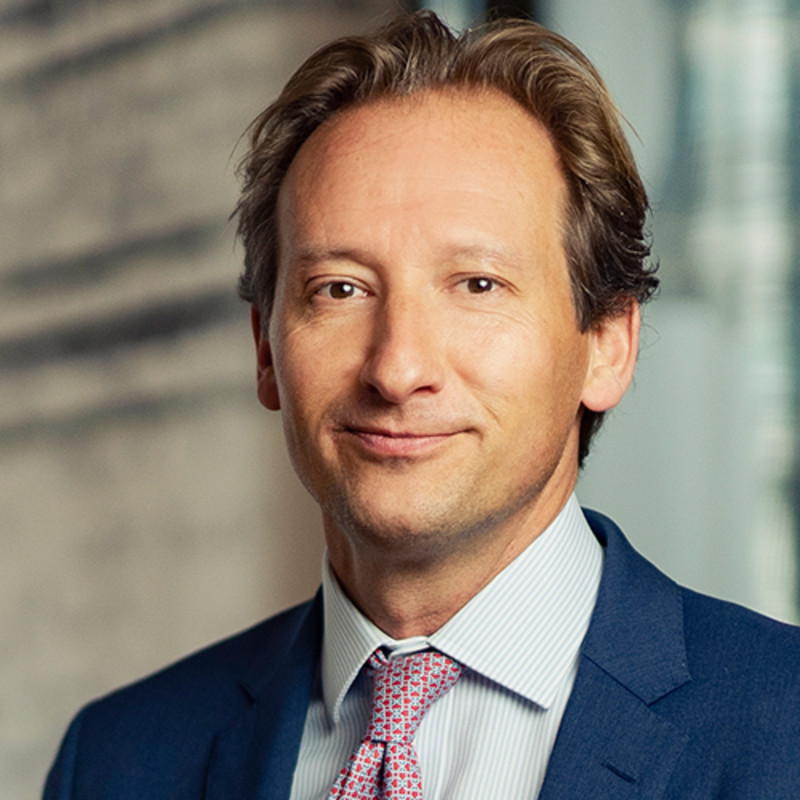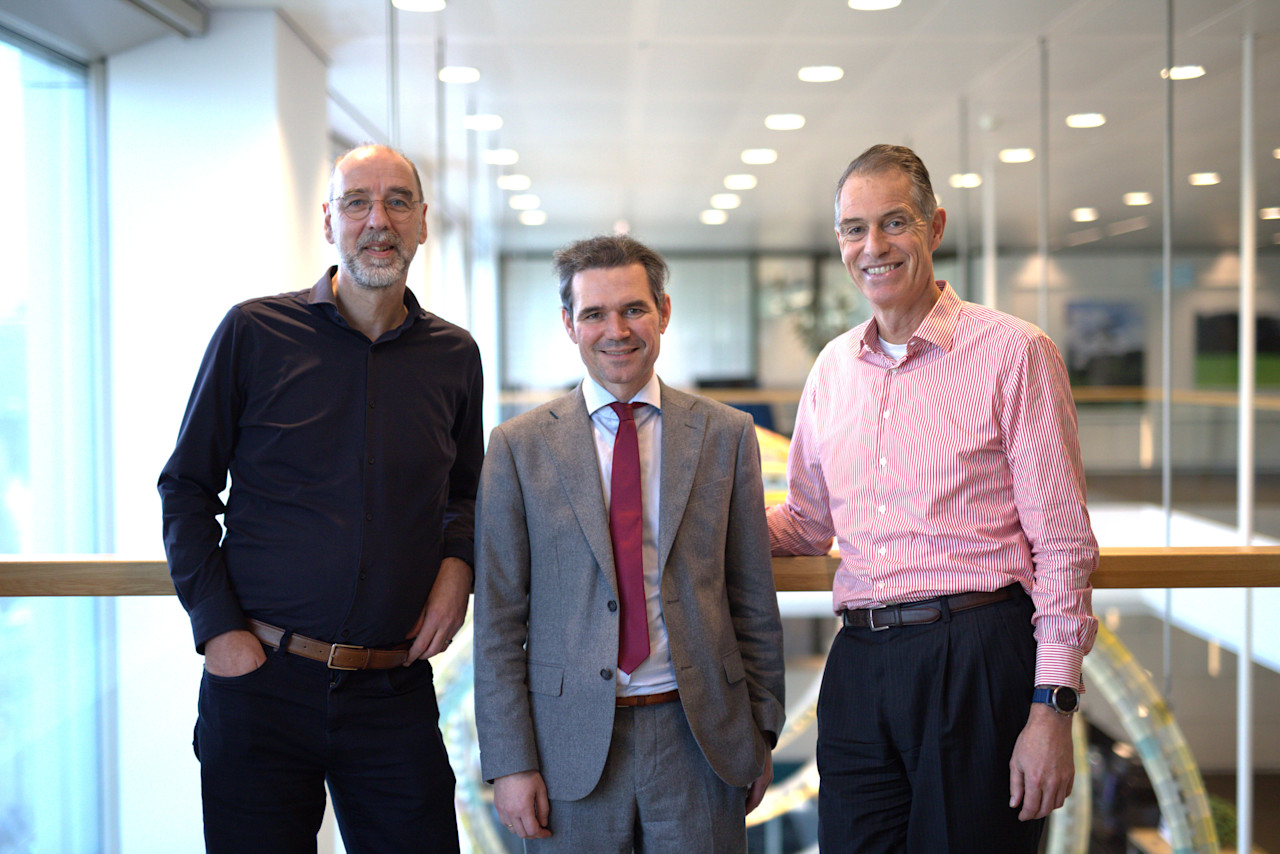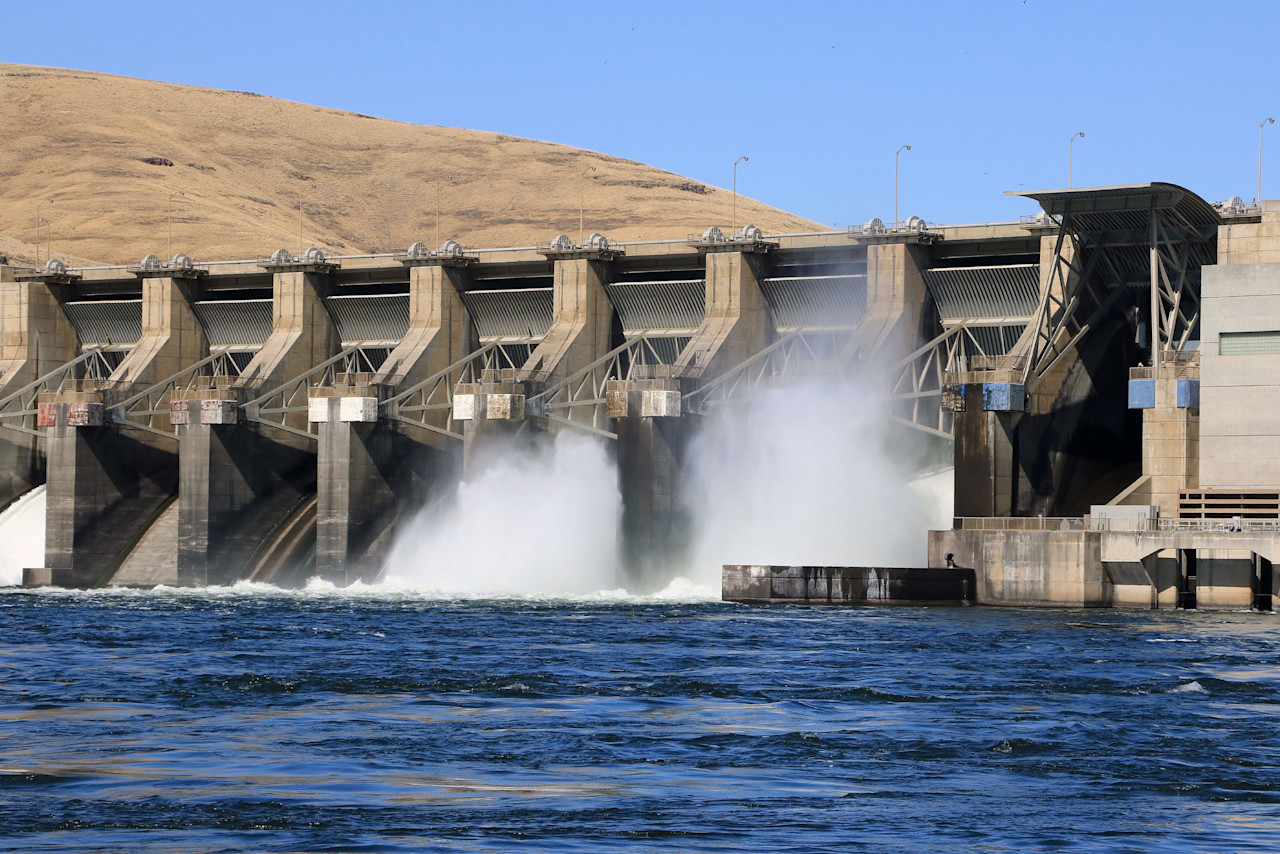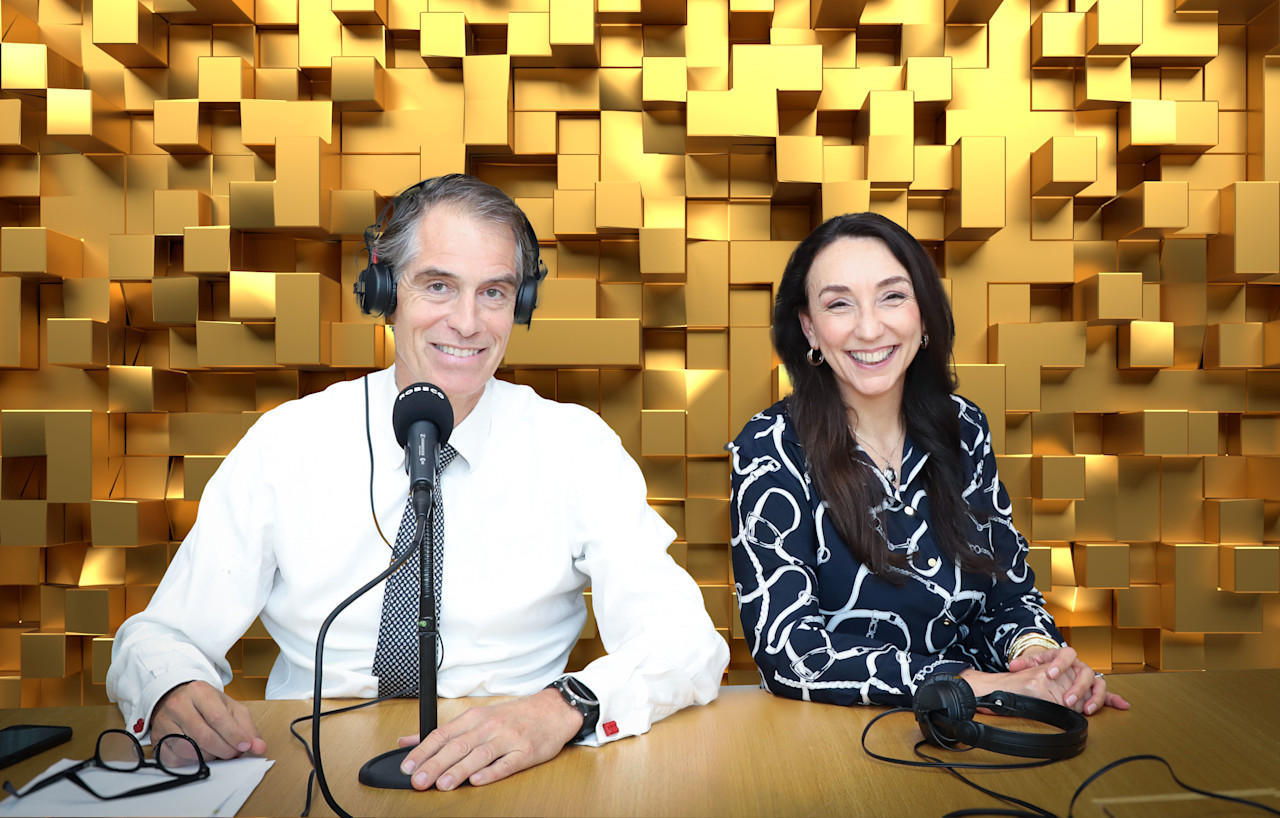

Nordic asset allocators talk themes, tactics, and new SI realities
The last few years have left investment managers with a lot to digest – real wars, trade wars, a ramp-up in AI and defense spending, and a general retreat from sustainability commitments.
Against this backdrop, an interactive roundtable of CIOs and key asset allocators representing EUR 768 billion in assets discussed the importance of sustainability and themes in portfolio construction.
まとめ
- Thematic investing remains critical for strategic allocations
- Active management preferred over passive ETFs
- Sustainability still significant but is being reshaped by realities
Controversial leadership and uncertainty surrounding US growth have caused many investors to flee US assets in search of alternatives elsewhere. However, the dramatic flip hasn’t dampened Nordic investor appetite for thematic equities.
Jani Stenius, CIO of Asset Allocation for OP Financial Group1, remains bullish on themes – precisely because of and not in spite of their US exposure. In his view, European asset managers exhibit a strong home bias which themes help offset through their tilt toward quality growth, much of which is in the US. While US dollar weakness presents headwinds, he notes their impact can be mitigated via tactical tools. He also discourages managers from making large downward adjustments to thematic or equity allocations in general, especially if their portfolios already deviate significantly from global benchmarks.
The quality-growth exposure has served to sweeten the appeal of broad themes for consideration into core allocations. However, Nordic investors still view them as too narrow for core but well suited as satellite investments. Anders Bertramsen, Head of Manager Selection at Nordea2, says having a diverse menu of themes is essential for all advisory discussions to act as a complement to core positions in the advisory universe.
Nothing ventured, nothing gained
An inherently narrow focus and tilt toward thematic purity has locked some of Robeco’s themes out of recent equity rallies, resulting in lower relative performance and altered tracking errors.
While our experts saw investor scrutiny as somewhat overblown, Jani Stenius cautioned that it depends on the theme’s placement in the broader portfolio.
“If themes are used for sector or regional allocations, which are naturally narrower, then risk tolerance is lower and tracking error is judged more severely against the peer group or the sector benchmark. If it’s in a global section of the portfolio where the outlook is long-term, risk tolerance is much higher because performance dispersion can be smoothed by low volatility core investments.”
Still, risk without reward is also a no-go, says Gabriel Wetter, who manages research and market analysis for Sweden’s Länsförsäkringar.3
“Thematic managers are expected to perform positively over time even against a broader benchmark like the MSCI World; they should be portfolio-enhancing. Otherwise, why should a client add it to their portfolio?”
Anders Bertramsen of Nordea adds that the MSCI isn’t really a relevant benchmark for narrow themes, such as water, which is why Nordea often measures managers against their Morningstar peer group.
All agreed that well-constructed themes and skilled managers always find a way to deliver alpha4 growth, even with tracking error or sustainability constraints.
Preference for active management
Thematic ETFs are proliferating widely but all share a preference for active over passive management.
“We prefer teams with long track records and a deep bench of thematic knowledge, research analysts and investment resources” explains Gabriel Wetter, adding that an active manager’s high conviction and long-term thinking instills confidence and credibility. ETFs may be quicker to build and faster to launch but they are generally untested. According to Jani Stenius, “trend spotting is the easy part especially when it’s hyped up and simple. Constructing an enduring theme that translates to alpha is less straightforward. It requires industry-specific knowledge but also more generalized macro experience as well as bottom-up stock selection skills.”
Concentration, volatility and liquidity risk also make the group wary of ETFs. Stenius emphasized the risk associated with sizable capital outlays of large institutions: “We need to be certain we can make moves quickly without disruptions.”
Wetter added that small, immature passive strategies not only have unpredictable life cycles and uncertain longevity but are also incapable of smoothing the impact of large transactional flows.
最新のインサイトを受け取る
投資に関する最新情報や専門家の分析を盛り込んだニュースレター(英文)を定期的にお届けします。
Simple stories sell
There was universal agreement that storytelling gives themes a powerful advantage. “There’s a wide spectrum of themes that vary in complexity, but the best themes are naturally intuitive,” says Anders Bertramsen.
“Thematics has always been a critical part of our advisory solutions discussions and platforms precisely because they are easily grasped by the majority of advisors and their end clients. I think most people can link an industrial metal producer to tanks and European defense themes.”
In fact, ease of understanding goes a long way. Stenius says that in the Finnish market, easy-to-understand strategies not only attract more flows but also more patience from investors when it comes to performance. Bertramsen agrees:
“When the story is simple, it’s easier for investors to understand how it fits within their portfolio not only in terms of returns, but also with respect to objectives such as risk diversification, sustainability and positive impact.”
That goes for top-down allocators at the institutional level, fund advisors and retail investors alike. Bertramsen gave artificial intelligence as an example of how allocators need to consider the tradeoffs of playing it separately as a stand-alone theme, especially when there is already AI-driven beta5 in tech sector stocks in the portfolio.
“Themes that can easily explain and differentiate their exposure or other benefits to clients will have an obvious edge.”
Simple, but not too simple
Ralf Oberbannscheidt, Head of Thematic Investing at Robeco points out that while easy storytelling has advantages they can also backfire.
“In practice simple themes often rise to bipolarism – periods of extreme highs when a theme is hyped, which are followed by extreme lows when hype fades.”
In contrast, he says Robeco has built a diverse suite of thematic strategies that have evolved in order to capture growth across diverse market cycles:
“That kind of evolution naturally adds some complexity to the narrative but it also brings the depth, diversity and resilience needed for a theme to have staying power and deliver long-term performance. We aren’t changing our processes to chase the next headline. We aren’t in the business of offering short-term, one-trick ponies that characterize many of the passive ETFs on offer from many asset managers.”
He emphasizes that a hallmark of Robeco’s themes is that they are ‘problem-led’ –focusing on discovering innovations and solutions that address chronic challenges that cut across regions and sectors – for example, clean water supplies, reducing waste and circular solutions.
He notes: “a key lesson we’ve learned is patience and consistency through market noise and disruption. But that doesn’t mean we ‘set and forget’ once we’ve identified a good theme. We continuously monitor them internally and engage with our clients to ensure their ongoing relevance. The dialogue created around it can be instructive for both sides as we advance in the investment journey.”
Problems don’t pause for politics
After decades of advances, sustainability-focused themes have lost some momentum – the victim of rising waves of anti-ESG sentiment, pressing geopolitical concerns, and several years of underperformance.
Despite this, the panel affirmed their organization’s commitment to sustainable investing and net-zero goals, while acknowledging lower flows and investor interest. Wetter notes that Länsförsäkringar sustainability research had even more dedicated resources than its manager selection team and that it offers clients a wide selection of sustainable Article 8 and 9 products. This aligns with Robeco’s annual Global Climate Investing Survey, which shows most European and Asian investors are delaying their transition plans, not cancelling them.
Richard Speetjens, Robeco’s Co-Head of Thematic Investing said sustainable investing will once again gain the interest of mainstream investors because “serious problems must ultimately be addressed. They don’t go away just because they are neglected or ignored.” He says climate change and resource scarcity, aging populations and social inequalities will continue to evolve and intensify, making them as important for business growth as improving productivity and expanding market share.
Pragmatism over purity
Panelists agreed that sustainable investing was essential to confronting these issues even as it undergoes evolution of its own. It’s shifting from a purist’s pursuit of ideals toward a liberal pragmatism that recognizes the benefits and tries to reconcile with realities on the ground.
For example, electricity demand is rising as we shift from combustion engines to electric motors. That’s changed the perception of Swedish investors on nuclear power which they now see as an interim ‘emission-free’ solution that keeps us on the path to 100% renewables.
Similarly, the war in Ukraine has underscored Europe and Scandinavia’s vulnerabilities given their close proximity to hostile neighbors. This helps explain why public concern for safety and security have displaced sustainability of late. The panel cited both Denmark and Finland as examples of where government spending and pension fund allocations to defense stocks have witnessed a recent reversal.
Blue hydrogen and natural gas also illustrate industries that were once at odds and off-limits to many sustainable funds, yet now are being embraced as ‘transition’ solutions. The description emphasizes their role in generating beneficial effects that help overcome impasses and ultimately advance business and society toward net-zero goals.
For Nordic investors, it’s clear that while sustainable investing is being reshaped by reality, that doesn’t mean it’s diluting its power. In fact, it emerges more relevant, more resilient and more forward-looking than ever before.
Footnotes
1OP Financial Group. With over 2.1 million customer-owners and over EUR 111 billion in assets under management as of 31 December 2024, it is one of Finland’s largest financial companies, offering commercial banking as well as insurance services.
2Nordea is the leading financial services group in the Nordics and the preferred choice for millions across the region. For 200 years, the company has proudly served as a trusted financial partner for individuals, families and businesses. As of 31 December 2024, Nordea Asset & Wealth Management (AWM) was responsible for EUR 422 billion in total assets.
3Länsförsäkringar is a Swedish financial institution offering a full range of services to individuals and commercial customers. As of 31 December 2024, assets under management in its unit-linked and life investment portfolios totalled EUR 33.6 billion.
4Alpha refers to the excess return of an investment relative to a benchmark index and is a measure of performance.
5Beta here refers to investment returns from general market movements. It is in contrast to alpha which stems from active managers’ selectively picking stocks in order to outperform the market.
重要事項
当資料は情報提供を目的として、Robeco Institutional Asset Management B.V.が作成した英文資料、もしくはその英文資料をロベコ・ジャパン株式会社が翻訳したものです。資料中の個別の金融商品の売買の勧誘や推奨等を目的とするものではありません。記載された情報は十分信頼できるものであると考えておりますが、その正確性、完全性を保証するものではありません。意見や見通しはあくまで作成日における弊社の判断に基づくものであり、今後予告なしに変更されることがあります。運用状況、市場動向、意見等は、過去の一時点あるいは過去の一定期間についてのものであり、過去の実績は将来の運用成果を保証または示唆するものではありません。また、記載された投資方針・戦略等は全ての投資家の皆様に適合するとは限りません。当資料は法律、税務、会計面での助言の提供を意図するものではありません。 ご契約に際しては、必要に応じ専門家にご相談の上、最終的なご判断はお客様ご自身でなさるようお願い致します。 運用を行う資産の評価額は、組入有価証券等の価格、金融市場の相場や金利等の変動、及び組入有価証券の発行体の財務状況による信用力等の影響を受けて変動します。また、外貨建資産に投資する場合は為替変動の影響も受けます。運用によって生じた損益は、全て投資家の皆様に帰属します。したがって投資元本や一定の運用成果が保証されているものではなく、投資元本を上回る損失を被ることがあります。弊社が行う金融商品取引業に係る手数料または報酬は、締結される契約の種類や契約資産額により異なるため、当資料において記載せず別途ご提示させて頂く場合があります。具体的な手数料または報酬の金額・計算方法につきましては弊社担当者へお問合せください。 当資料及び記載されている情報、商品に関する権利は弊社に帰属します。したがって、弊社の書面による同意なくしてその全部もしくは一部を複製またはその他の方法で配布することはご遠慮ください。 商号等: ロベコ・ジャパン株式会社 金融商品取引業者 関東財務局長(金商)第2780号 加入協会: 一般社団法人 日本投資顧問業協会





